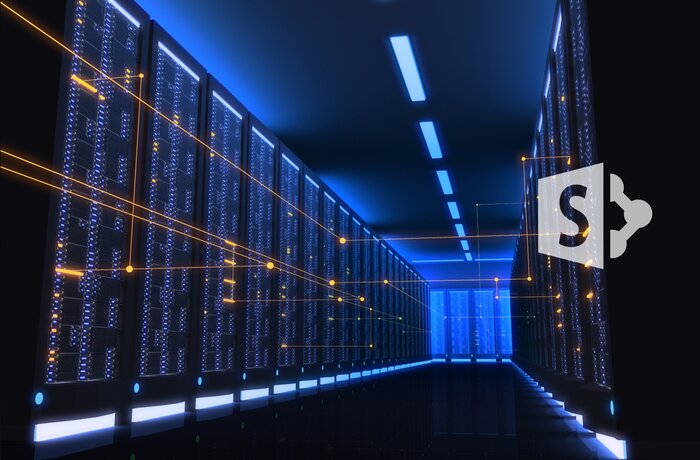Introduction
Upgrading server memory can bring several benefits to an organization’s IT infrastructure. Here are the top four reasons why one should consider upgrading server memory:
1.Improved Performance:
- Faster Processing: Upgrading server memory allows for more data to be stored in the RAM, reducing the need for the server to constantly access the slower storage devices (such as hard drives or SSDs). This results in faster data retrieval and processing times.
- Multitasking Capability: Increased memory capacity enables servers to handle multiple tasks simultaneously without experiencing performance degradation. This is particularly important for applications that require a large amount of memory, such as databases or virtualization environments.
2.Enhanced System Stability:
- Reduced Downtime: Adequate server memory helps prevent system crashes or slowdowns due to insufficient resources. This can lead to improved overall system stability and reliability, reducing the likelihood of unplanned downtime that can negatively impact business operations.
- Better Resource Management: With more memory, the server can efficiently manage system resources, preventing issues like memory leaks or resource contention that may arise when the system is under heavy load.
3.Scalability and Future-Proofing:
- Support for Growth: Upgrading server memory ensures that the system is prepared to handle future growth in data and workload. As businesses expand, their IT infrastructure needs to scale accordingly, and having sufficient memory is crucial for accommodating increased demands on the server.
- Compatibility with New Software: Some software updates or new applications may have increased memory requirements. Upgrading server memory ensures compatibility with the latest software, preventing performance bottlenecks and allowing the organization to take advantage of new features and improvements.
4.Cost-Effective Solution:
- Performance Optimization: Instead of investing in new servers or hardware, upgrading memory is a cost-effective way to optimize the performance of existing systems. This can provide a significant boost in performance without the expense of a complete hardware overhaul.
- Energy Efficiency: Servers with adequate memory can operate more efficiently, potentially reducing power consumption. This not only contributes to cost savings but also aligns with environmentally conscious practices.


